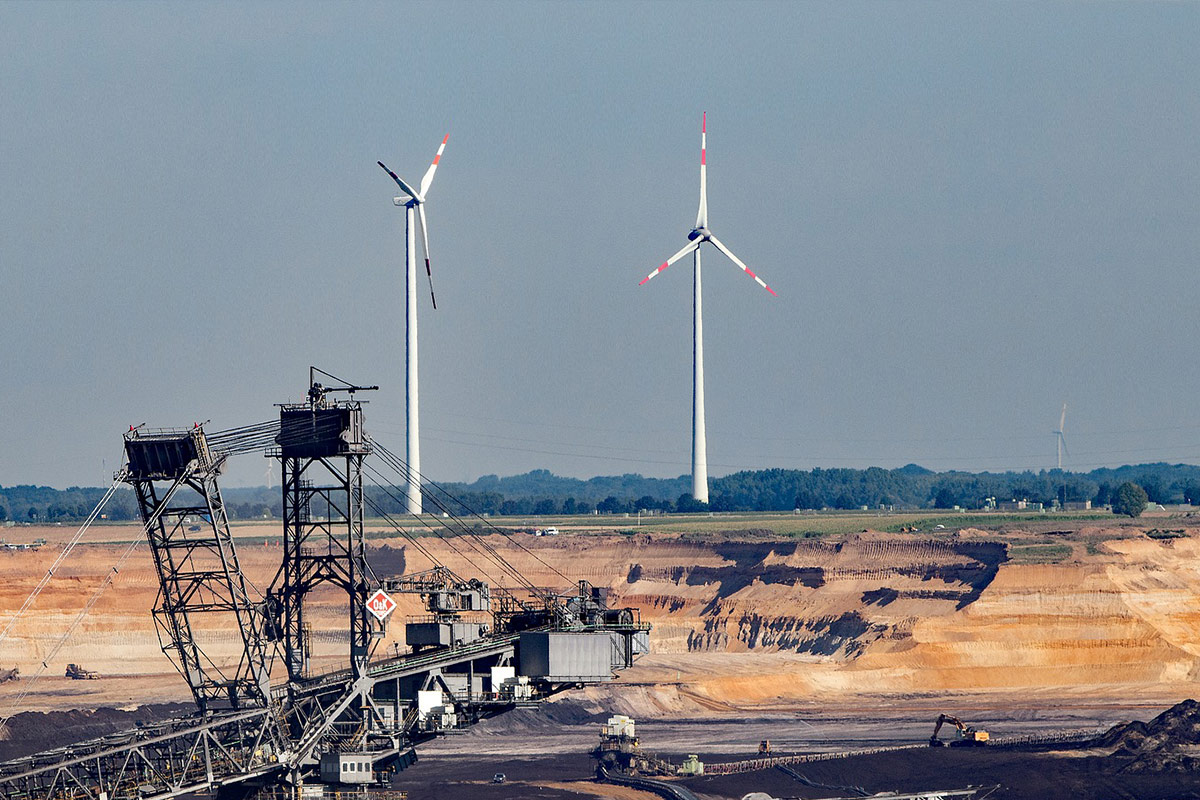News
Ban retroactive policy decisions that hinder the energy transition, WindEurope tells CEER conference

5 June 2018
On 5 June, WindEurope CEO Giles Dickson spoke at the Council of European Energy Regulators’ (CEER) annual conference in Brussels: ‘Digitalisation, Decarbonisation & Dynamic Regulation.’
Dickson was taking part in a panel discussion on the cheapest way to decarbonise society. Panellists wanted to know if the wind industry is ready to play by market rules. Dickson was very clear that while the industry is ready, there is a significant need for revenue stabilisation mechanisms and strict safeguards against retroactive policy decisions.
He explained that risks which were once socialised by governments are now being taken over by wind energy investors: balancing responsibilities are already a reality for all new wind projects in 17 Member States, and priority dispatch is no longer a reality in important wind energy markets like Sweden, Denmark and the UK. From 2020, Dickson said, this will be the norm for new installations. With the removal of priority dispatch, governments may lose the incentive to increase the flexibility of their system. This will make it more costly to increase the shares of wind energy.
To prevent this, the removal of priority dispatch should be accompanied by 5 things:
- transparent curtailment rules that do not discriminate renewables;
- minimising ‘must-run’ behaviour, which pushes wind energy producers out of the market when demand is low;
- more cooperation between TSOs, regulators and governments in order to remove grid bottlenecks;
- market-friendly revenue stabilisation, ensuring that mechanisms such as CfD or Feed-in Premium allow the participation of wind farms in other markets such as balancing; and
- smart electrification and sector coupling to dramatically accelerate the decarbonisation of Europe’s economy.
Assuming a renewables target of 30%, the wind sector needs to deliver a huge amount of investments in the next decade: €239 billion. Revenue stabilisation will be key to ensuring success in this regard. Currently, Dickson said, the costs of wind projects are very sensitive to financing conditions. With proper revenue stabilisation mechanisms in place, risk-adverse investors will fully embrace wind. This will significantly lower the price paid by consumers.
In the past, renewable investments in Europe have been hindered because of retroactive measures. This has consistently stifled market growth and investors’ confidence. Retroactive changing of wind energy policy and business arrangement must be outlawed. Installations that were granted priority dispatch or balancing exemptions should keep the regime on which they based their business plan.
The wind industry is pivotal to the decarbonisation of the world’s energy mix. Find out how the wind industry is breaking new ground at the WindEurope Conference, part of the Global Wind Summit 2018.

